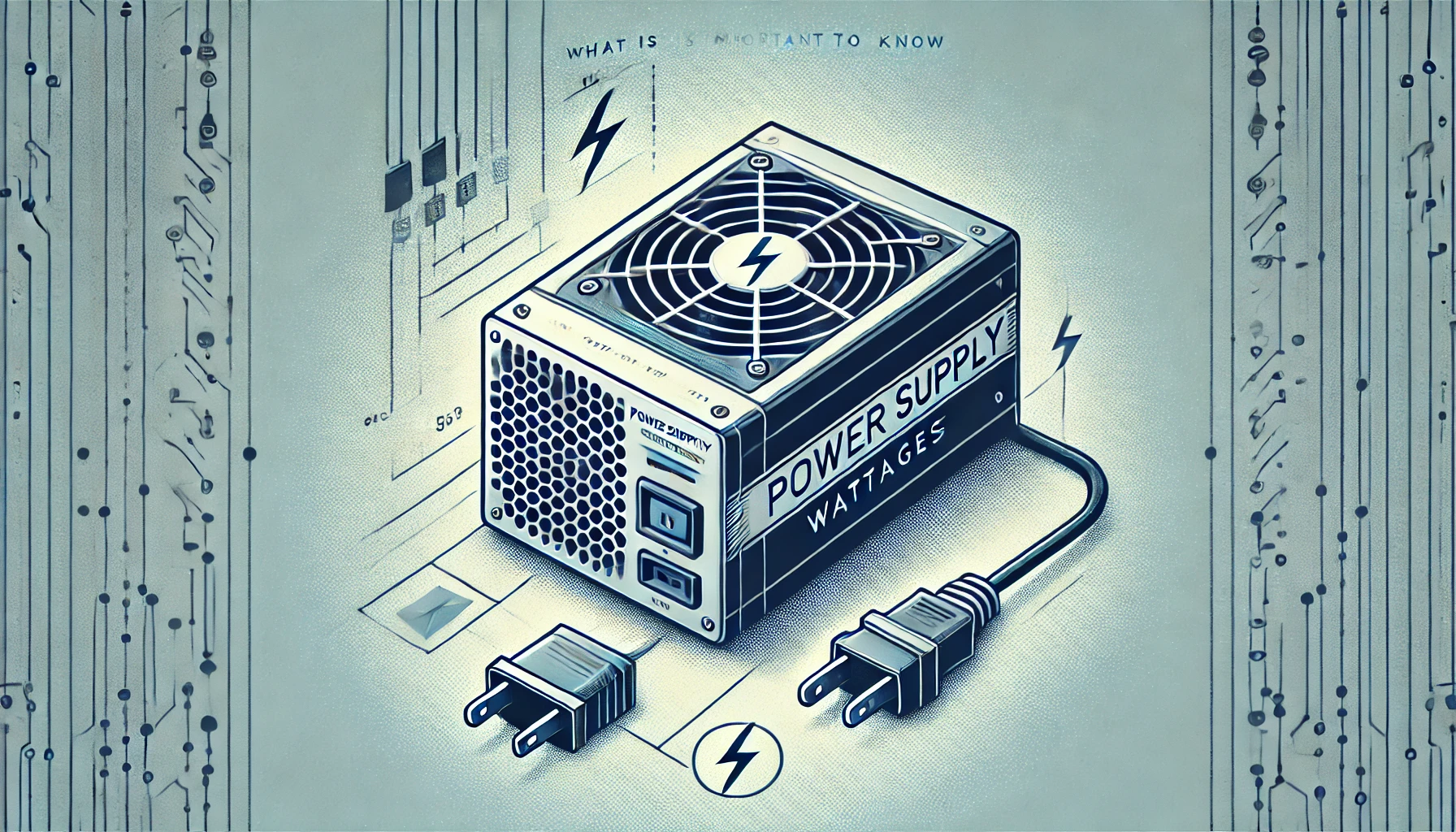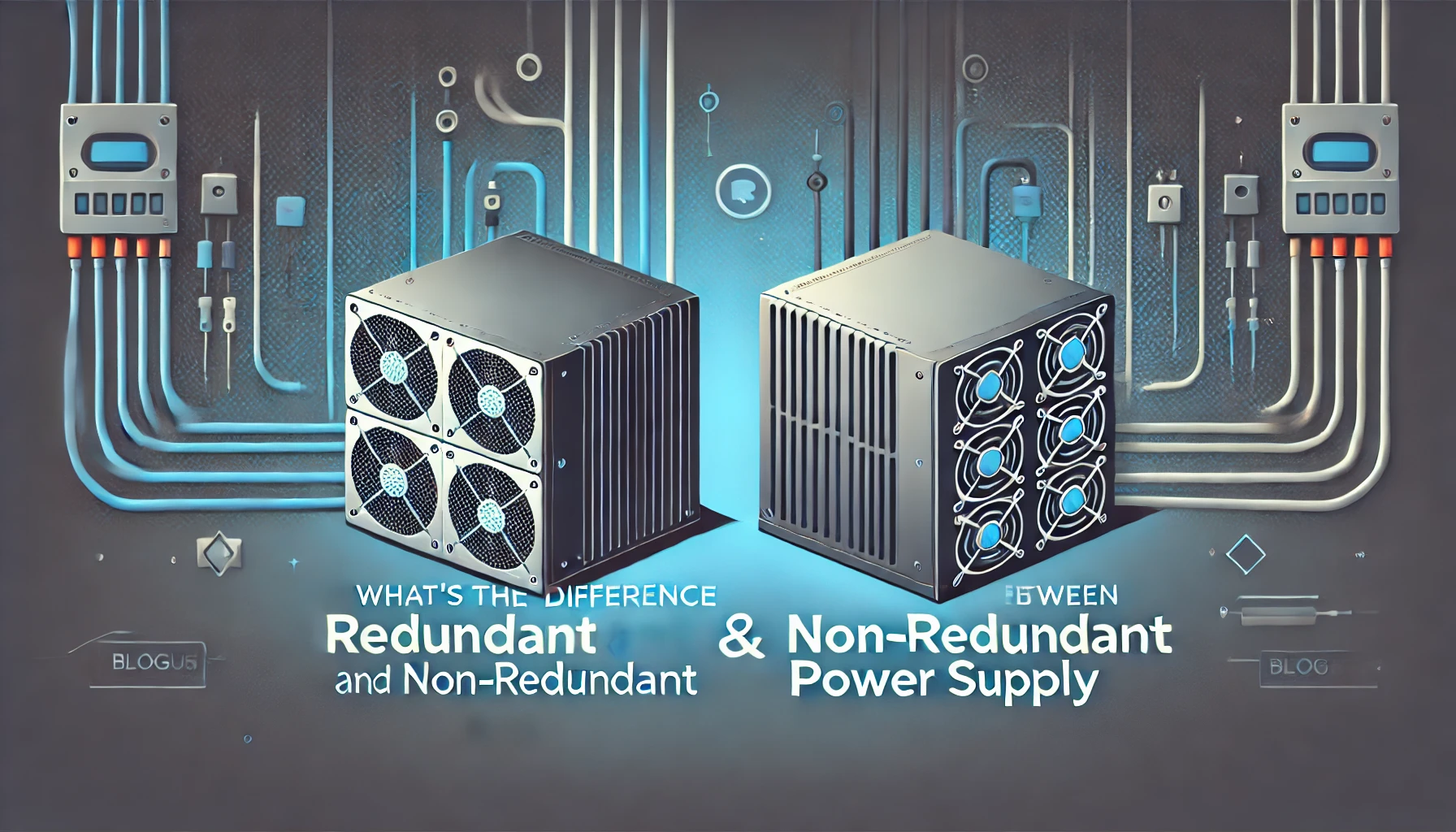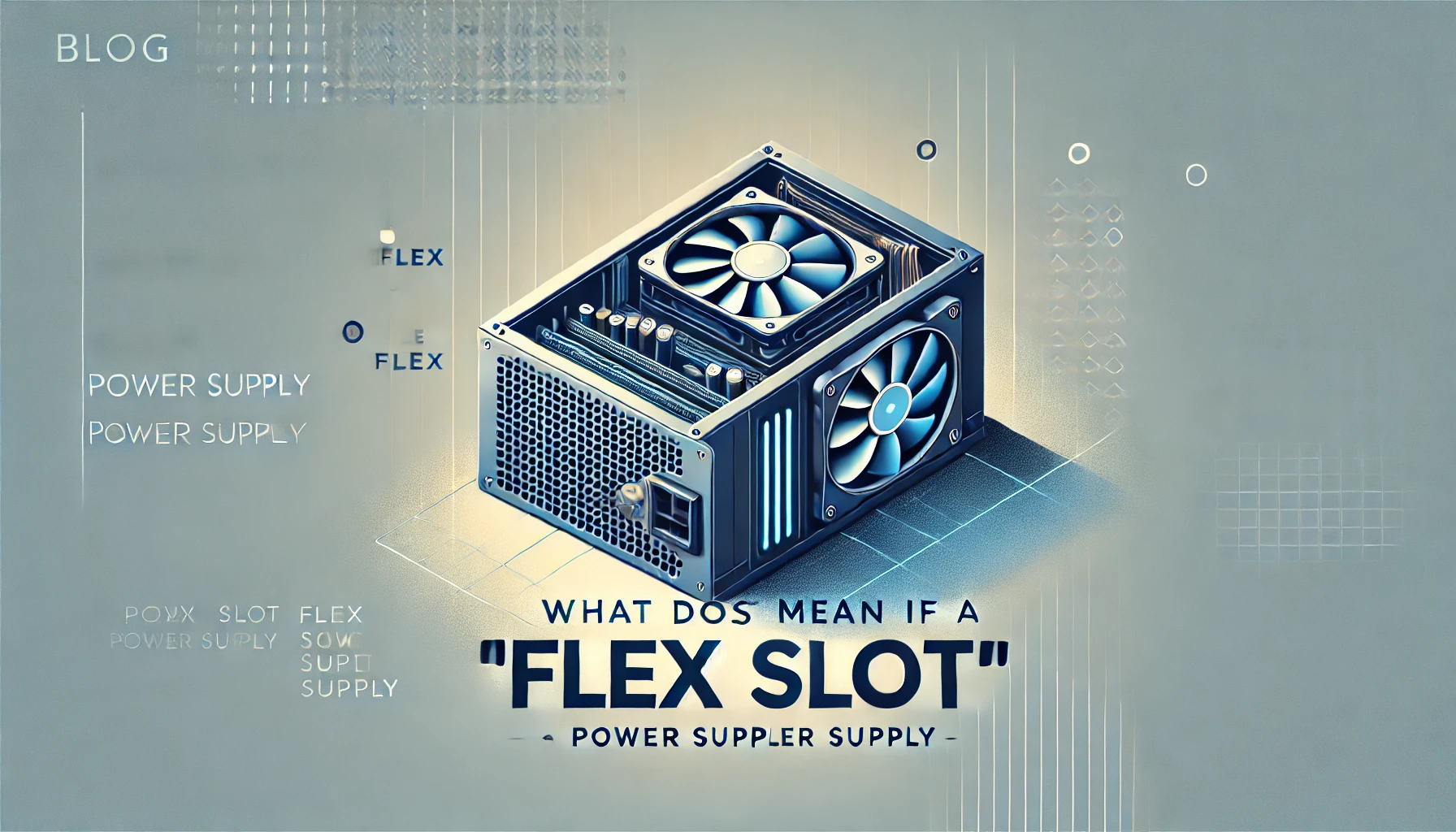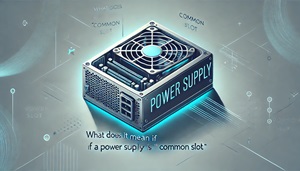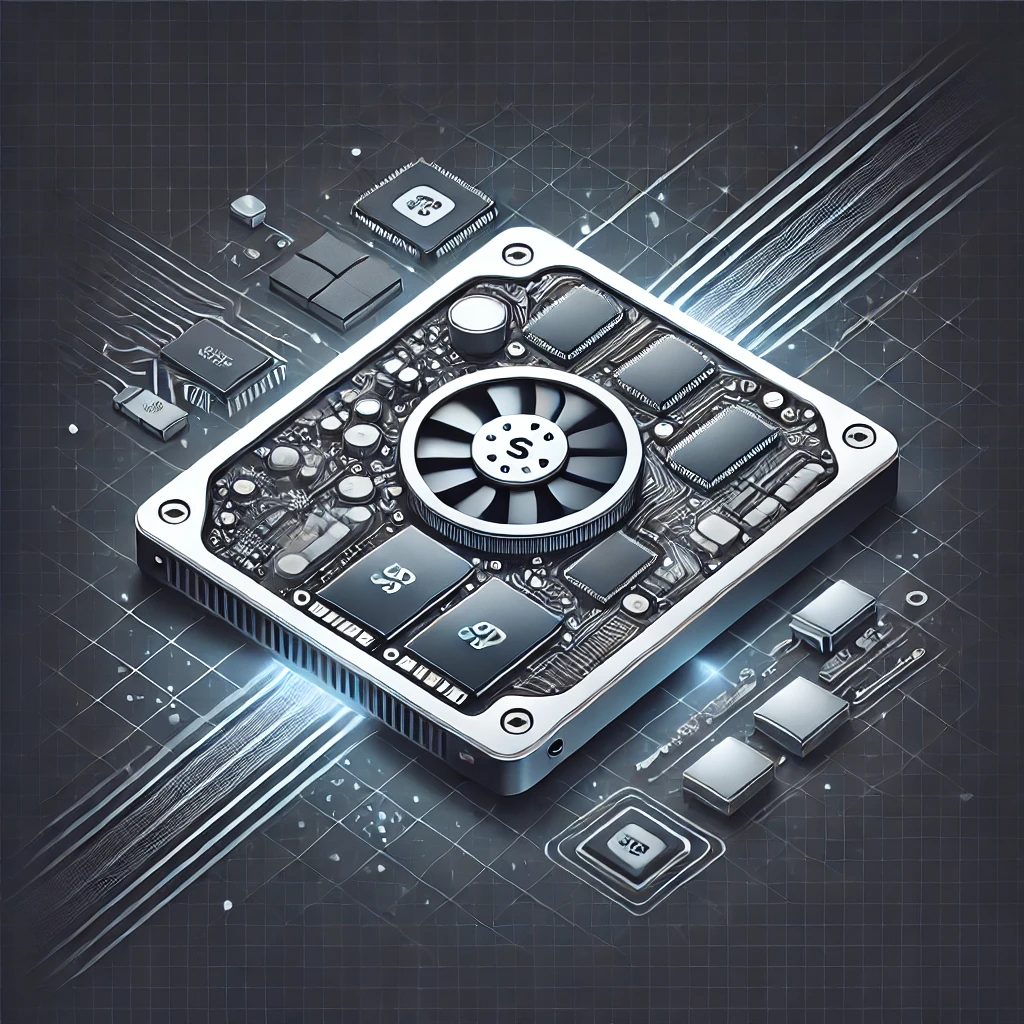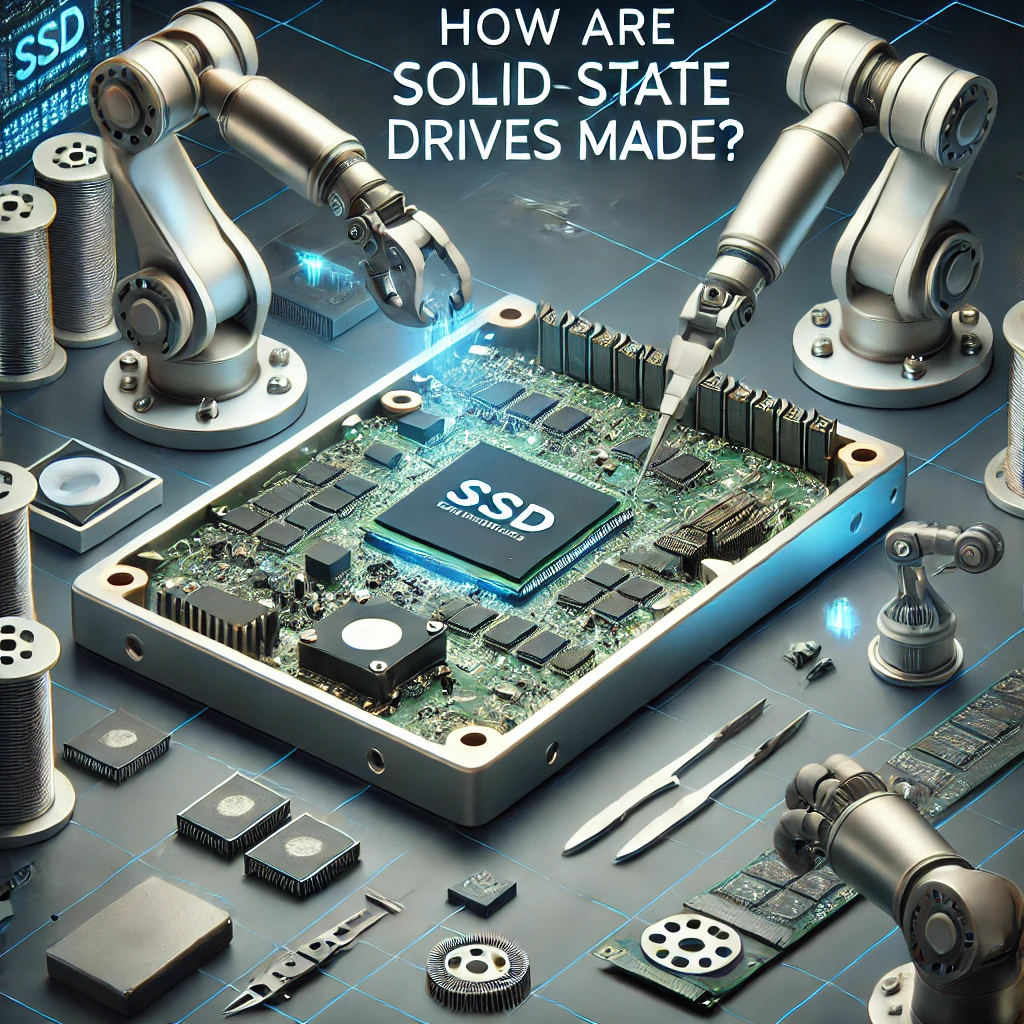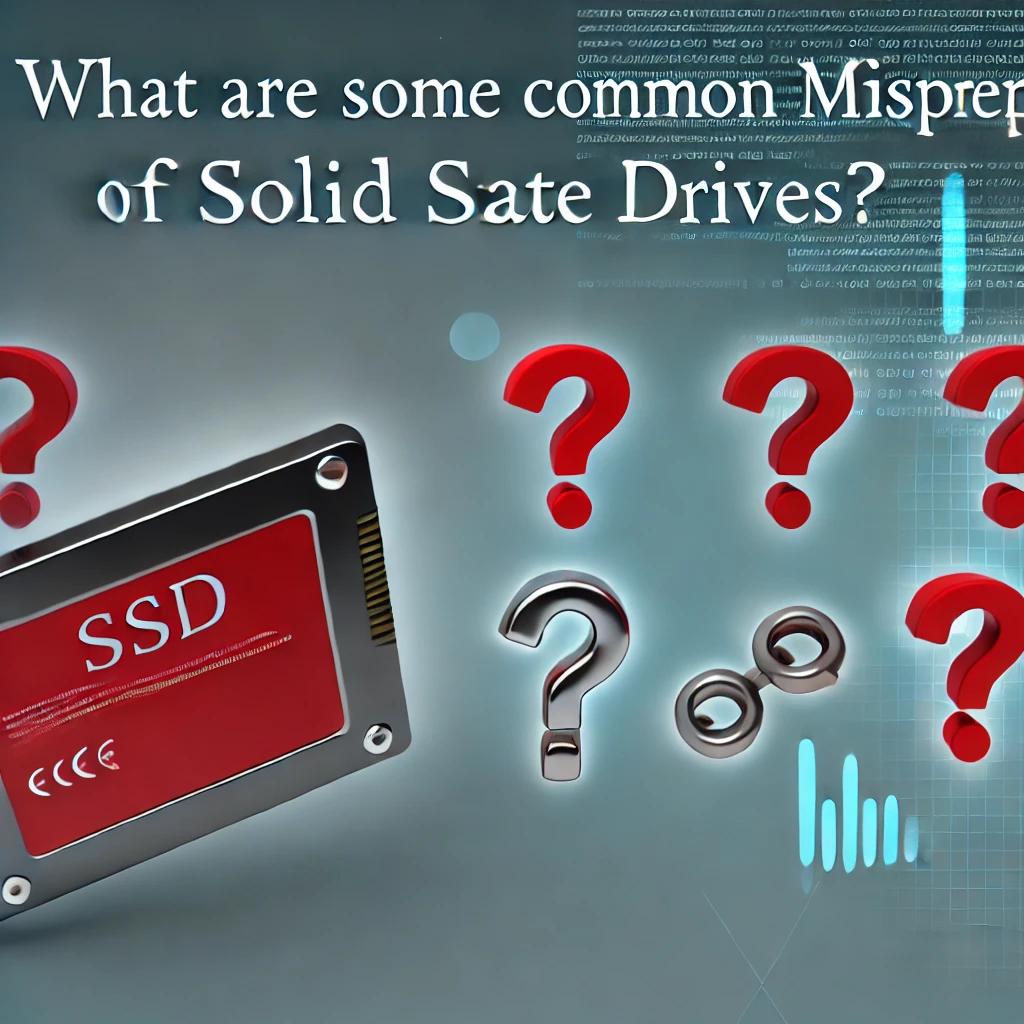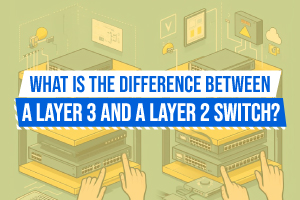What is a Self-Encrypting Drive, how do they work and what are they for?
Self-encrypting drives (SEDs) are becoming increasingly popular in today's world, where data privacy and security are of utmost importance. But what exactly are they, and how do they work? In this article, we'll explore the ins and outs of SEDs, their primary applications, and why they're becoming a must-have for businesses and individuals alike.
What is a Self-Encrypting Drive?
A Self-Encrypting Drive, or SED, is a type of hard drive that automatically encrypts all data stored on it. Encryption is the process of converting data into a code to prevent unauthorized access. With SEDs, the encryption process is done at the hardware level, which means it's faster and more efficient than software-based encryption.
SEDs use Advanced Encryption Standard (AES) encryption, which is a widely recognized and secure encryption standard. This means that all data stored on an SED is protected from unauthorized access, even if the drive is removed from the computer or server it's installed in.
How Do Self-Encrypting Drives Work?
SEDs use a unique encryption key to encrypt and decrypt all data stored on the drive. The encryption key is generated when the drive is first initialized, and is stored in a secure area of the drive's hardware. This means that even if the drive is removed from the computer or server it's installed in, the encryption key remains secure and the data cannot be accessed.
SEDs also come with a password protection feature, which allows the user to set a password that must be entered before the drive can be accessed. This adds an extra layer of security, as even if someone has physical access to the drive, they won't be able to access the data without the password.
What are the Primary Applications of Self-Encrypting Drives?
SEDs are primarily used in industries that handle sensitive data, such as healthcare, finance, and government. They are also becoming increasingly popular among individuals who want to protect their personal data from cyber threats and unauthorized access.
SEDs are particularly useful for businesses and organizations that are subject to data privacy regulations, such as the General Data Protection Regulation (GDPR) in the European Union. Using SEDs can help these organizations comply with data privacy regulations and avoid costly fines.
Another primary application of SEDs is in the cloud. As more businesses move their data to the cloud, the need for secure data storage becomes even more important. SEDs can provide an added layer of security for data stored in the cloud, protecting it from unauthorized access and data breaches.
In today's world, data privacy and security are more important than ever. Self-encrypting drives are a must-have for businesses and individuals who want to protect their sensitive data from cyber threats and unauthorized access. With SEDs, data is automatically encrypted at the hardware level, making it faster and more efficient than software-based encryption. SEDs also come with password protection features, adding an extra layer of security.
SEDs are primarily used in industries that handle sensitive data, such as healthcare, finance, and government. They are also becoming increasingly popular among individuals who want to protect their personal data from cyber threats. SEDs are particularly useful for businesses and organizations that are subject to data privacy regulations, such as the GDPR in the European Union, and can help these organizations avoid costly fines.
If you're looking for a way to protect your sensitive data, or if you're a business that handles sensitive data, self-encrypting drives are definitely worth considering.
